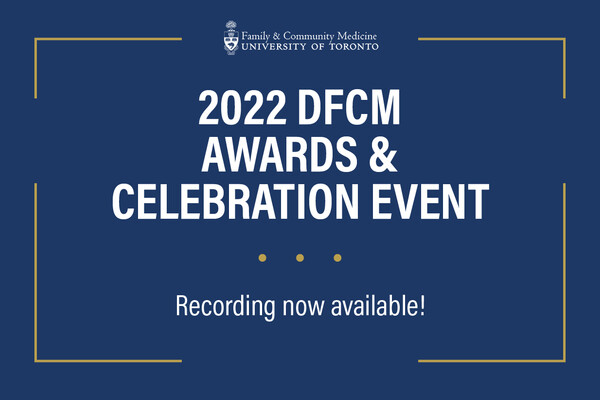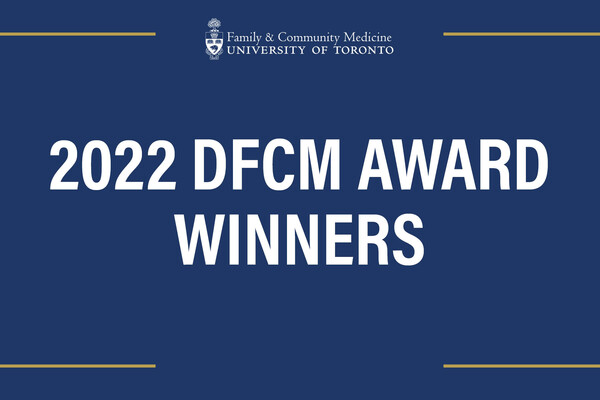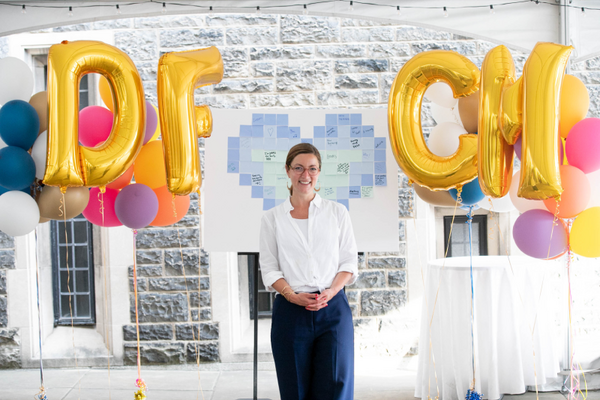Mobile Menu
- Education
- Residency
-
Grad Studies
- About Academic Fellowship and Graduate Studies
- Graduate Studies
-
Fellowships, Certificates and Courses
- Academic Fellowship Program
- Medical Education Fellowship
- Clinical Research Certificate
- Clinical Teacher Certificate
- Interprofessional Applied Practical Teaching and Learning in the Health Professions (INTAPT)
- How to Apply
- Getting Started
- Program Fees
- Student Awards
- Forms for Current Students
- Continuing Education Courses
- Instructor Awards
- Research
- Community & Partnerships
- Quality & Professional Development
- Divisions
- Faculty
- About

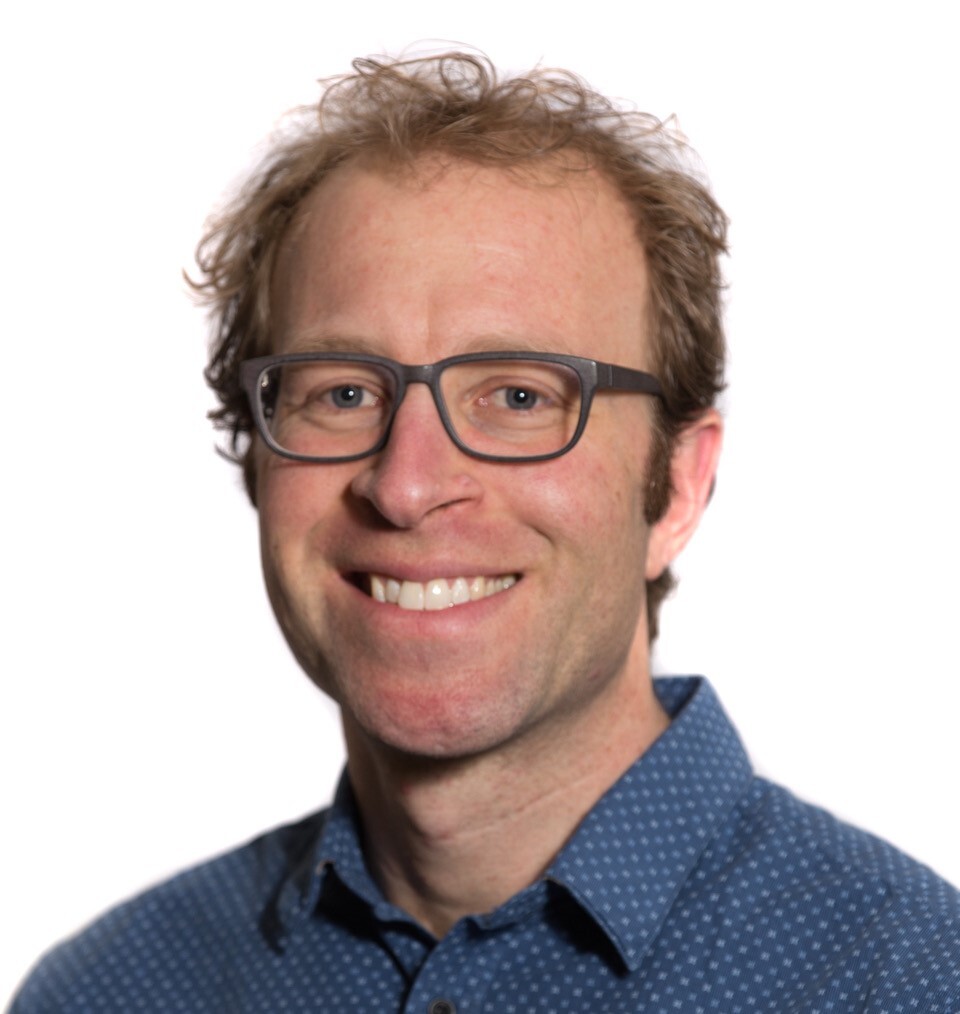
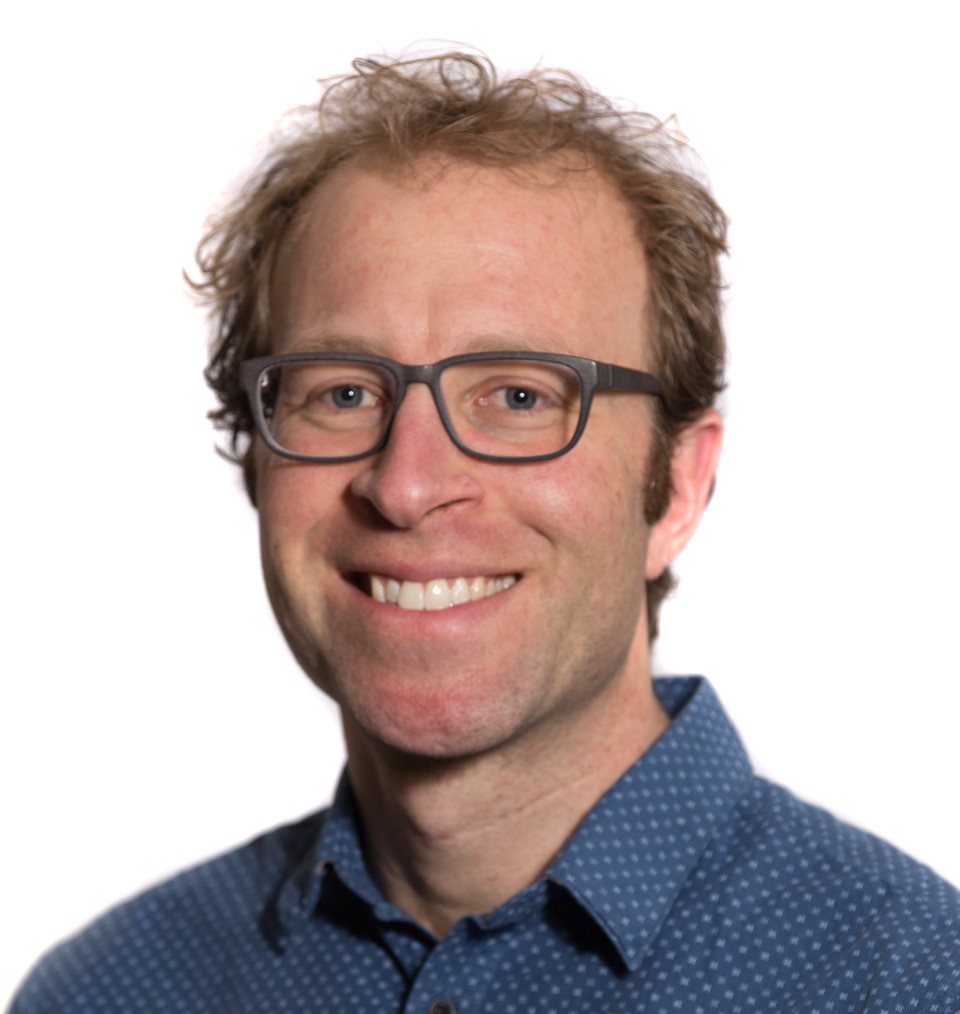 Dr. Gary Bloch, a family physician with St. Michael’s Hospital and an Associate Professor with the Department of Family and Community Medicine (DFCM) at the University of Toronto, is the recipient of the prestigious Associated Medical Services (AMS) Phoenix Fellowship.
Dr. Gary Bloch, a family physician with St. Michael’s Hospital and an Associate Professor with the Department of Family and Community Medicine (DFCM) at the University of Toronto, is the recipient of the prestigious Associated Medical Services (AMS) Phoenix Fellowship.